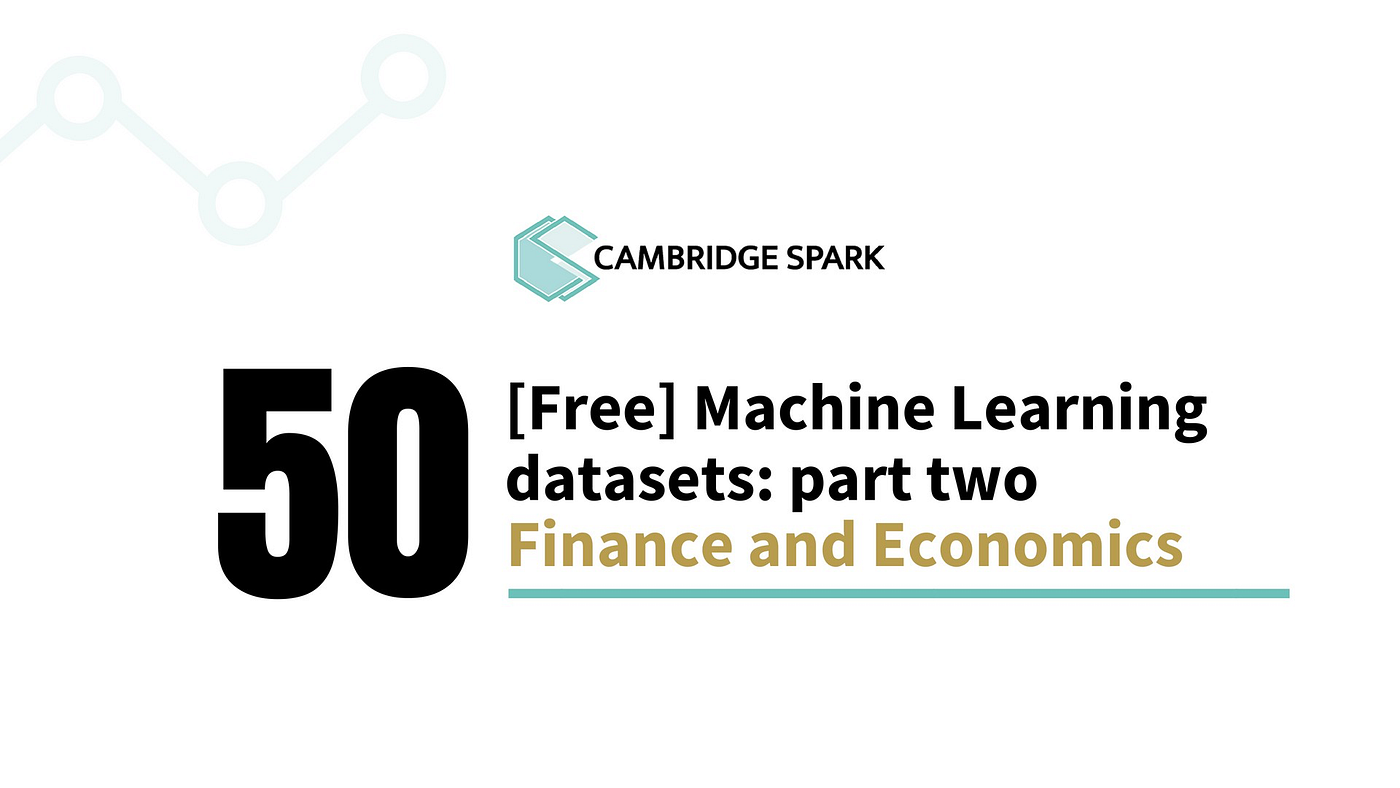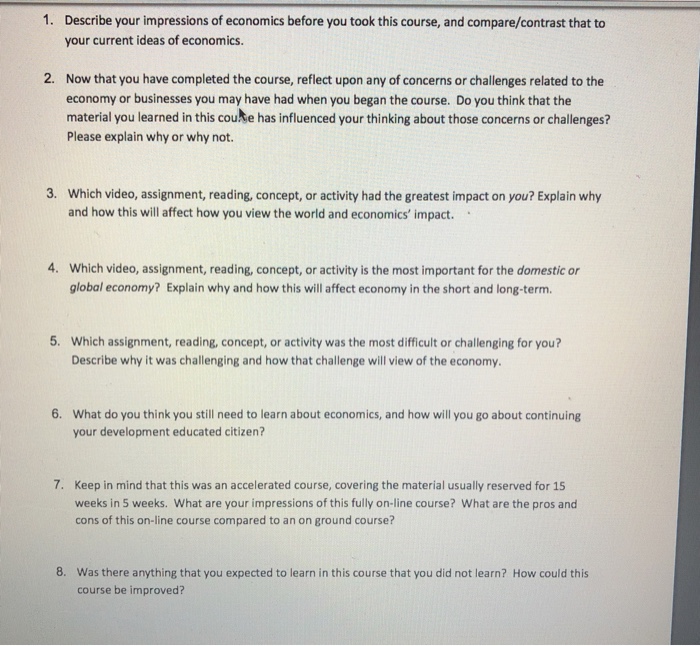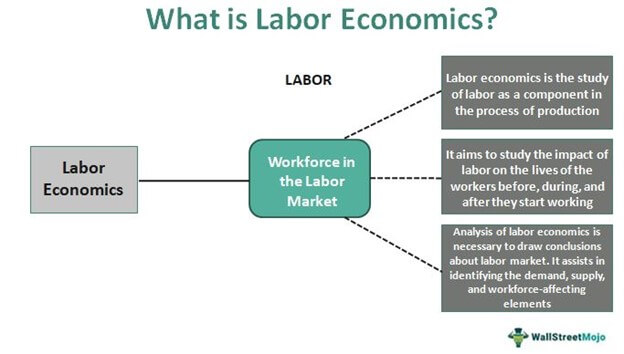Economics is a social science that deals with the production, distribution, and consumption of goods and services. It aims to understand how individuals, businesses, and societies make decisions about the allocation of resources, and how these decisions impact the overall economy.
One of the fundamental principles of economics is the concept of opportunity cost. This refers to the value of the next best alternative that must be given up in order to pursue a certain action or decision. In other words, every time we make a choice, we are sacrificing the opportunity to pursue other options. Understanding opportunity cost helps individuals and organizations make more informed decisions about how to allocate their resources.
Another important concept in economics is supply and demand. The law of supply and demand states that the price of a good or service will rise or fall based on the balance between the quantity of the good that is available and the quantity that is demanded. When demand for a good exceeds its supply, the price will rise. Conversely, when the supply of a good exceeds demand, the price will fall. This concept is often used to explain fluctuations in market prices and can be used to make predictions about future price movements.
In addition to these fundamental concepts, I have also learned about various economic systems, including capitalism, socialism, and mixed economies. Capitalism is an economic system in which the means of production are privately owned and operated for profit. Socialism, on the other hand, is an economic system in which the means of production are owned and controlled by the state or community as a whole. Mixed economies, as the name suggests, combine elements of both capitalism and socialism and are often found in modern societies.
I have also learned about different economic indicators, such as GDP (gross domestic product), unemployment rate, and inflation rate, which are used to measure the health and performance of an economy. GDP is a measure of the total value of goods and services produced within a country, while the unemployment rate measures the percentage of the labor force that is currently without work. The inflation rate, on the other hand, measures the rate at which the general level of prices for goods and services is rising, and subsequently, purchasing power is falling. Central banks, such as the Federal Reserve in the United States, use these indicators to inform their monetary policy decisions.
Finally, I have learned about international trade and how it can benefit countries by allowing them to specialize in the production of certain goods and services and trade with other countries for the things they need. International trade can also lead to the spread of new ideas, technologies, and cultural exchange. However, it can also lead to issues such as unfair trade practices and the outsourcing of jobs to countries with lower labor costs.
In conclusion, economics is a complex and multifaceted discipline that helps us understand how individuals, businesses, and societies make decisions about the allocation of resources and how these decisions impact the overall economy. Through my studies, I have learned about concepts such as opportunity cost, supply and demand, economic systems, economic indicators, and international trade, and how they all play a role in shaping the world we live in.



:max_bytes(150000):strip_icc()/economics-source-b80e91b606bd4729815840bad4ff3ecd.png)


:max_bytes(150000):strip_icc()/GettyImages-485207529-596b3b063df78c57f4a848d7.jpg)

